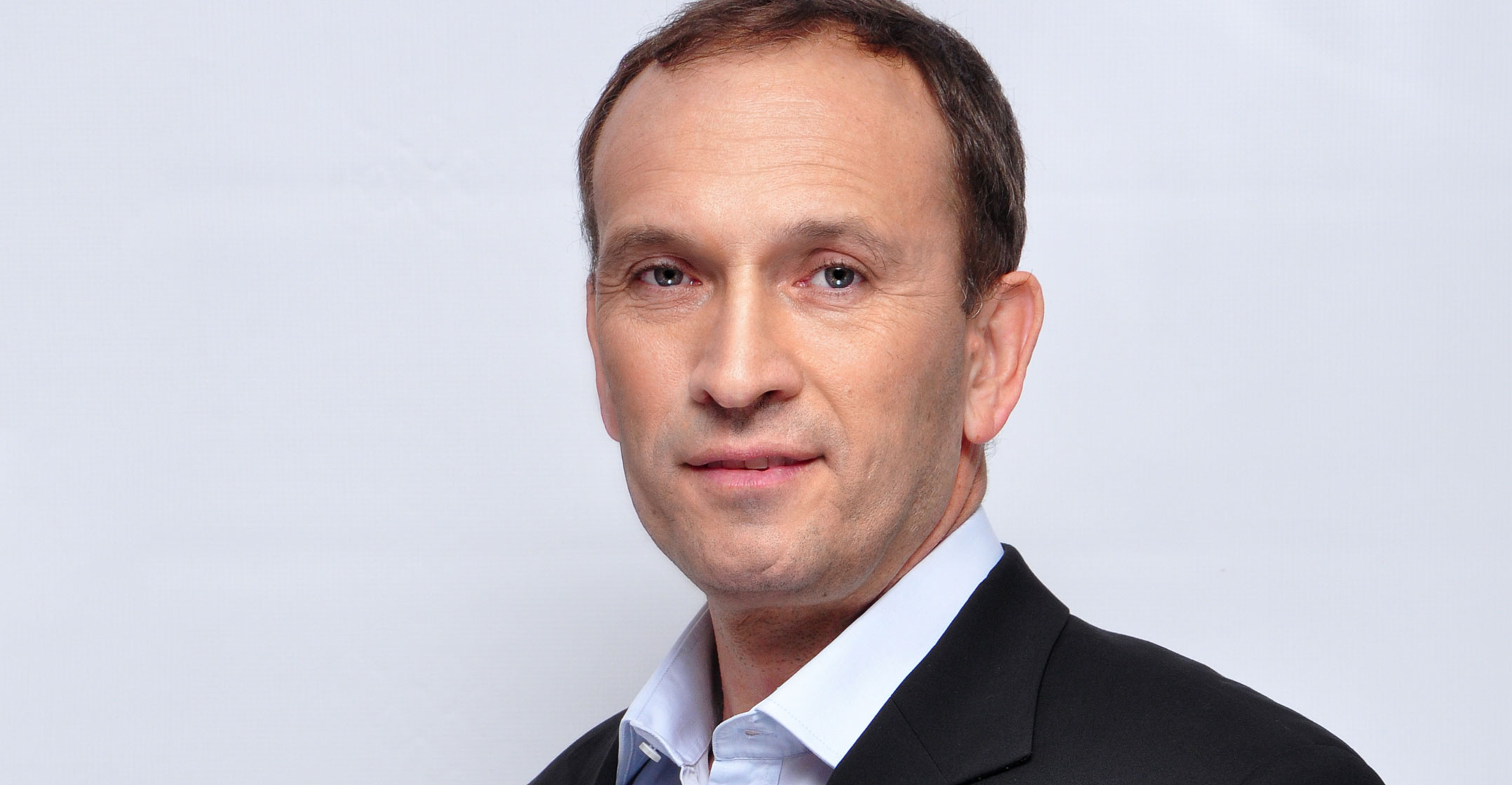
Vodacom wants to switch off its 2G voice network to focus on newer broadband technologies, including 3G and 4G/LTE, joining rival Telkom in announcing plans to migrate users off the now-25-year-old legacy technology.
“We are going to focus on switching 2G off (in South Africa) and seeing if we can get buy-in for that,” Vodacom Group chief technology officer Andries Delport told journalists at a media conference in Sandton on Thursday.
The company won’t, however, be able to switch off its 2G network entirely as the technology is still used by emergency services and for other applications. But migrating voice users onto more modern technologies will allow it to reduce the amount of spectrum it needs for 2G to a “thin layer” of just 2-3MHz.
The move could prove tricky, though, given that more than 30% of devices connected to Vodacom’s network are still 2G-only — mainly cheap phones meant for voice calling only.
Nicholas Naidu, Vodacom’s group technology strategy, architecture and innovation managing executive, said reducing the reliance on 2G will allow the company to improve indoor coverage for 4G services if it is able to repurpose a big chunk of its 900MHz spectrum assignment. It will also make it more affordable to extend 4G coverage to more rural areas, he said.
The plan comes amid continued delays in the assignment of new radio frequency spectrum — South African operators have never formally received spectrum specifically for building 4G networks — and in the migration from analogue to digital terrestrial television. While many countries around the world have completed their migration projects, freeing up the so-called digital dividend bands of 700MHz and 800MHz for mobile broadband, in South Africa broadcasters such as the SABC and e.tv continue to use these bands for legacy analogue services. Until migration is completed, the spectrum can’t be used by the mobile operators to improve 4G coverage in urban and rural areas.
Telkom eyes switch-off
Last month, Telkom said it is committed to switching off its legacy 2G network within the next 12 to 18 months.
“In the near future, we will switch off 2G — probably within 12 months,” Beauty Apleni, chief technology and information officer for Telkom’s consumer and small business segment, said in an interview with TechCentral.
The company’s focus is on 4G/LTE, Apleni said. The company has no more than a couple of hundred thousand users on 2G-only devices — mainly people who bought 2G handsets through other networks and then inserted a Telkom Sim card in their phones. At the March 2019 year-end, Telkom had 9.7 million mobile subscribers.
The number of people still using 2G-only handsets is a tiny fraction of its total mobile base, meaning it will be easier for Telkom than for its rivals to switch off the 2G signal. “In terms of advancing and ensuring we are solidly in the 4G space, we don’t want to be carrying that 2G base for a long time,” Apleni said. — © 2019 NewsCentral Media




